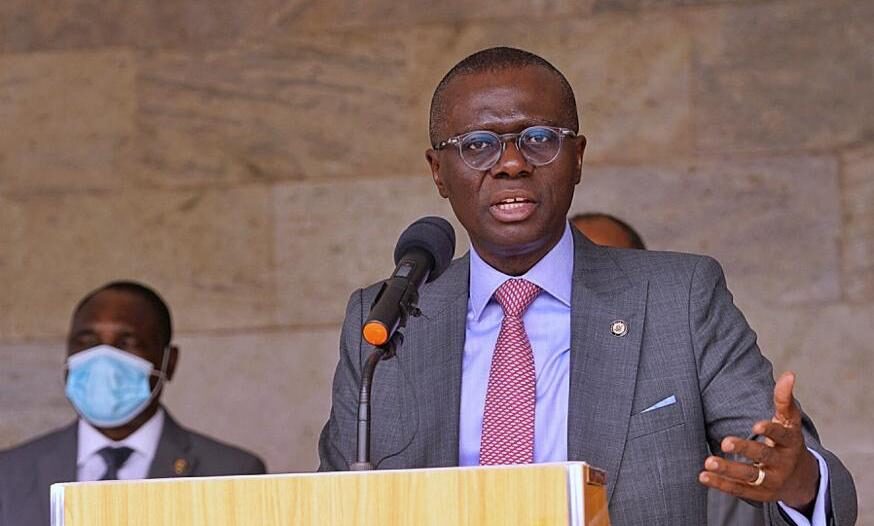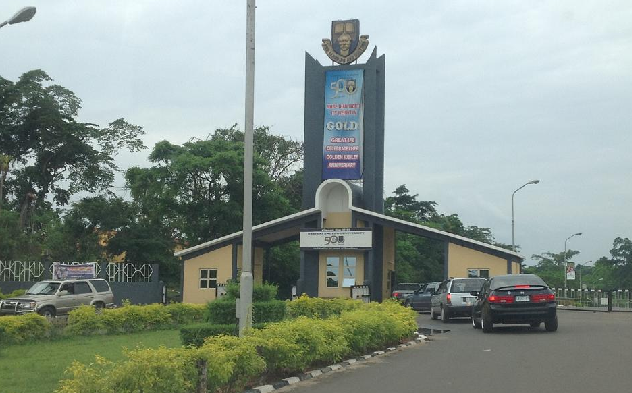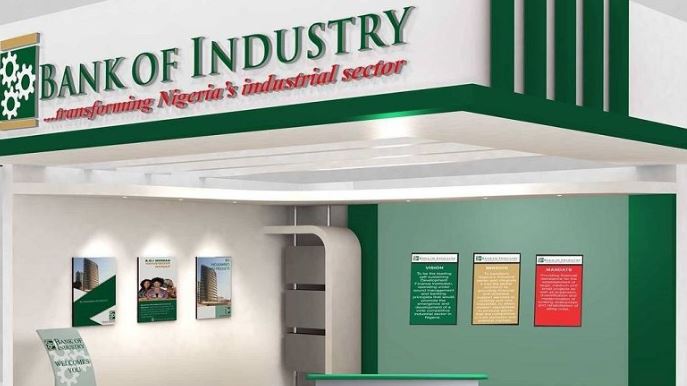Olalekan Odunsi, general secretary of Poultry Association of Nigeria, south-west, has raised the alarm over the possible loss of 10 million jobs in poultry business due to unavailability of maize and soya.
Odunsi, who spoke at a press conference in Ibadan, Oyo state capital, on Tuesday, said exportation of maize and soya, even when local demand had not been met, contributed majorly to sudden rise in the price of poultry feeds.
He said because of high cost of production of poultry products, many farmers have closed shops, while prices of poultry products have also gone beyond the reach of many Nigerians.
“The poultry industry in the south west geo-political zone is over six decades, growing consistently and steadily to a population of 30 million, a number representing more than 60 per cent of the national poultry population. In investment, this sector is worth over N2 trillion naira. In job creation, it employs over 10 million people directly and indirectly,” he said.
Advertisement
“However, if urgent attention is not given to the lingering crisis of grains, especially maize and soya, we fear that an industry with such an enviable statistics may suffer a total collapse.
“In the interim, government should enforce a ban on export of soya seed and its processed meal to save the current 10 million jobs in the poultry value chain of the Nigerian economy.”
Odunsi explained that after the prices of maize and soya rose from N105,000 per metric ton to N165,000 in July 2020, the Central Bank of Nigeria announced a ban on foreign exchange for importation of the two grains in order to protect local growers.
Advertisement
According to him, the local growers could not meet local demands because of shortfall in rain in 2020, insecurity, herdsmen/farmers crisis and illegal exportation of the items, leading to a huge shortfall in supply and hike in price.
“As at today, maize is N210,000/MT in most states of the south west, soya meal is N240,000/MT. These two items form about 75 to 78 per cent of an average poultry ration,” he said.
“In December 2020, most farmers were unable to sell their broiler because the cost of production was even higher than what an average Nigerian could afford. Presently, egg is going out of the reach of an average family with ideal price at N1,300 per crate but the farm gate price is still between N1,000 to N1,100; a price that will force farmers to close down.”
Advertisement






